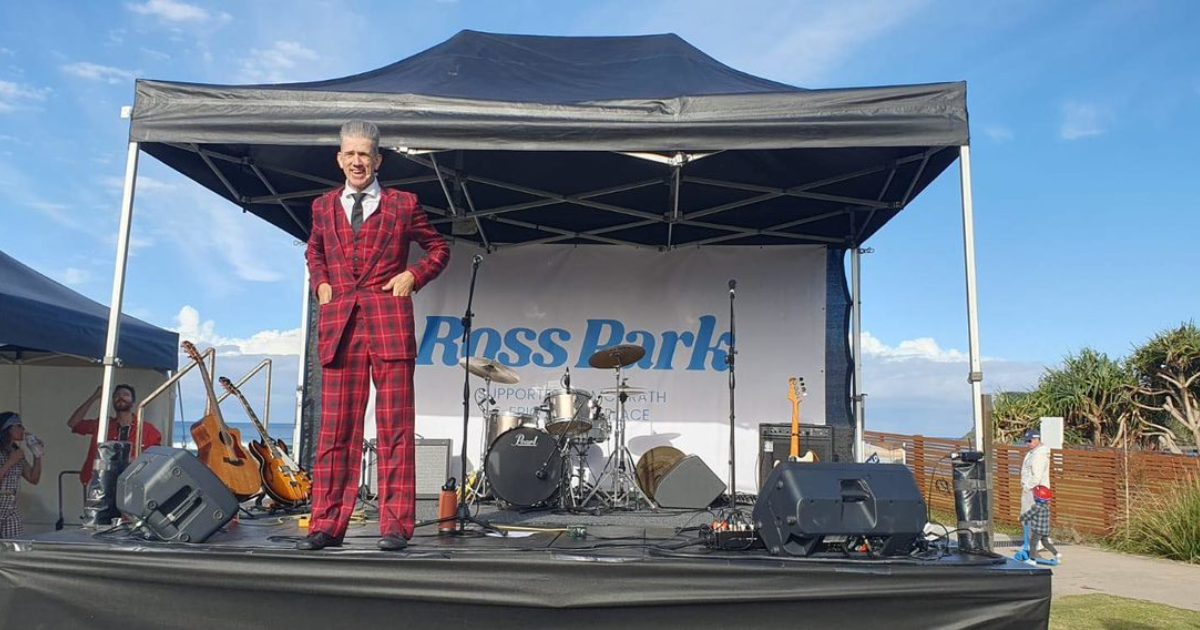Parliamentary Inquiry calls for funding for wildlife hospitals

Byron Bay Wildlife Hospital is the only all species wildlife hospital operating between Sydney and the Gold Coast. Photo: CRAIG PARRY
A Parliamentary Inquiry into the veterinary workforce shortage has recommended that the New South Wales government provide dedicated, ongoing funding for veterinary services for wildlife.
Committee chair Mark Banasiak said the current system, which requires veterinarians to treat injured wildlife without adequate compensation, is unsustainable.
“The committee was very concerned to learn of the poor mental health and burnout experienced by veterinarians,” Mr Banasiak said.
The report’s primary recommendation is for the NSW Government to fund wildlife veterinary services.
This includes support for wildlife rescue organisations, existing wildlife hospitals, expanding wildlife units at other hospitals, and contributing to private veterinary practices for their costs.
Deputy chair Emma Hurst said relying on charities to cover wildlife care costs, especially during natural disasters, is unsustainable.
“Byron Bay Wildlife Hospital is an important case study in the report, demonstrating the value of all-species wildlife hospitals providing expert, dedicated care for injured wildlife, with demonstrably effective results in relieving suffering and recovering native animals, including many threatened species.” Ms Hurst said.
“But it is inappropriate for veterinarians and vet nurses to have to provide these services in the public interest without recompense, when this is a state government responsibility.
“The time for relying on small business owners or charities to cover the expense for wildlife care is over, and state governments must start taking accountability.”
Byron Bay Wildlife Hospital chief executive Stephen Van Mil welcomed the findings and recommendations.
“Along with our peers in the veterinary and wildlife care sectors, the strain placed on veterinarians from long hours, high expectations, exposure to suffering and reliance on donations and volunteering is taking a huge toll.” Dr Van Mil said.
The report’s recommendations align with the 2023 Independent Review of the Biodiversity Conservation Act 2016, which suggested funding accredited wildlife hospitals for their services.
“We work with wildlife rescue organisations and other wildlife hospitals across NSW, and offer a ready solution to halt the loss of native species through effective veterinary treatment for injuries and illness,” Dr Van Mil said.
“Native animals face numerous threats, from being hit by cars, attacked by feral pests and domestic pets, habitat loss, disease, and natural disasters.
“There is growing community concern about species extinction, and this report makes it clear that wildlife veterinarians provide a significant public good.
“We welcome this report, and look forward to participating in state-wide consultation announced by the NSW Government earlier this year to improve wildlife rehabilitation and care.”


















